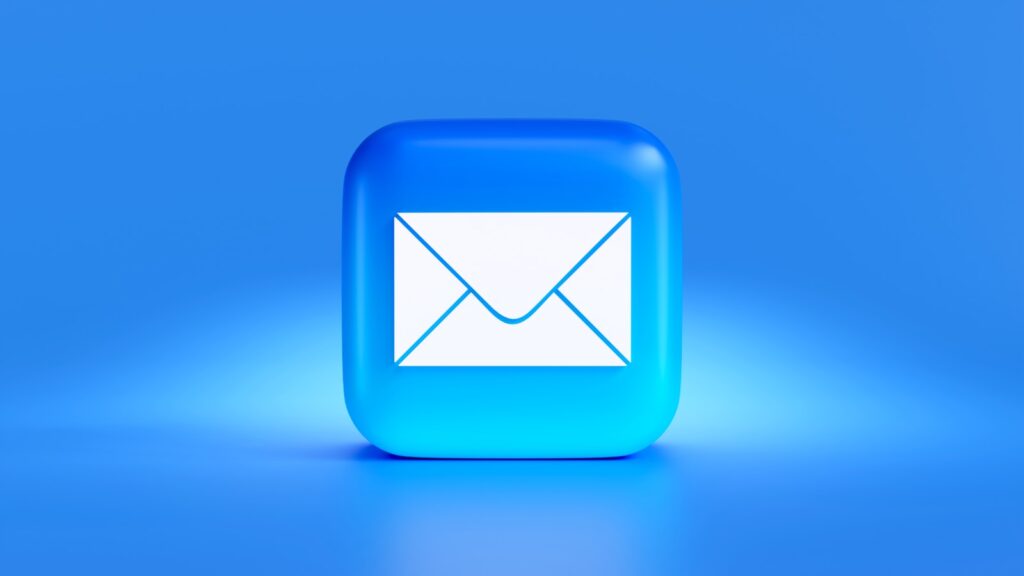Imagine waking up, checking your email, and seeing notifications of sales, affiliate commissions, or engaged readers responding to your latest content. That’s the power of email marketing.
When I started blogging, I ignored email marketing for months, thinking it wasn’t necessary. Big mistake. Once I started building an email list, my traffic became more consistent, and I finally had a direct way to connect with my audience—without relying on social media algorithms.
If you’re a blogger who hasn’t tapped into email marketing yet, now is the time.
Step 1: Start with the Right Email Marketing Platform
Not all email marketing tools are created equal. Some popular options include:
- ConvertKit (now called Kit): Great for bloggers and creators
- Mailchimp: User-friendly for beginners
- MailerLite: Affordable and simple to use
- ActiveCampaign: Powerful automation features
I personally started with Mailchimp but switched to ConvertKit once I wanted more automation and segmentation. Choose a platform that fits your needs and budget.
Step 2: Create a Lead Magnet to Attract Subscribers
People won’t subscribe just because you ask them to. They need an incentive. A lead magnet is a freebie you offer in exchange for their email. Some ideas include:
- A free e-book (e.g., “10 Proven Strategies to Grow Your Blog”)
- A checklist or cheatsheet (e.g., “SEO Checklist for Bloggers”)
- An email course (e.g., “5 Days to Your First $100 in Blogging”)
- Exclusive content (e.g., “Behind-the-Scenes Blogging Tips”)
When I created my first lead magnet—a simple guide e-book—my email list started growing almost overnight. The key is to offer something truly valuable.
I once wrote a guest blog post (with a link to my free e-book) for a top finance website. That post helped me gain 500 subscribers in 24 hours.
Step 3: Optimize Your Signup Forms and Placement
Just having a lead magnet isn’t enough. You need to make it easy for people to subscribe. Here’s how:
- Place signup forms in multiple locations (sidebar, pop-ups, end of blog posts, homepage)
- Use compelling call-to-action (e.g., “Get Your Free SEO Guide Now!”)
- A/B test different forms to see what converts best
A major mistake I made initially was hiding my opt-in form in the footer. Once I added a pop-up and embedded forms within blog posts, my signup rate doubled.
Step 4: Build Trust with a Welcome Email Series
Once someone subscribes, don’t leave them hanging. Set up an automated welcome email sequence that:
- Introduces you and your blog
- Delivers the promised freebie
- Share your best content
- Encourages engagement (ask a question or invite them to follow you on social media)
A personal touch goes a long way. I always ask new subscribers to reply and share their biggest blogging struggles. This builds trust and helps me understand my audience better.
Step 5: Consistently Send Engaging Emails
Consistency is key. If you only email your list when you want to sell something, they’ll ignore you. Instead, aim to provide value in every email. Some email ideas include:
- New blog post updates
- Exclusive tips and insights
- Behind-the-scenes content
- Personal stories and lessons learned
I send a weekly newsletter with blogging and online income tips. My subscribers love it because they know I always send something useful—not just sales pitches.
Step 6: Monetize Your Email List the Right Way
Once you have an engaged audience, you can start monetizing your emails. Here are some effective ways:
1. Affiliate Marketing
Recommend tools and products you use and love. For example, if you write about blogging, you can promote web hosting, email marketing software, or online courses with affiliate links.
2. Sell Your Own Digital Products
If you have an e-book, online course, or paid membership, email marketing is the best way to sell them.
3. Sponsored Emails
Brands will pay you to feature their products in your email if you have a large, engaged list.
4. Coaching or Consulting
If you offer one-on-one coaching, your email list is the perfect place to promote it.
5. Running Paid Newsletters
Some bloggers create exclusive, paid newsletters where subscribers receive premium content, detailed case studies, or exclusive reports.
Step 7: Track, Analyze, and Improve
Finally, monitor your email marketing performance. Key metrics to track include:
- Open rates (Are people opening your emails?)
- Click-through rates (Are they engaging with your content?)
- Unsubscribe rates (Are you sending too many sales emails?)
Experiment with different subject lines, email formats, and sending times to optimize your results. Also, segment your email list based on user behavior to send targeted messages for better engagement and conversion.
Bonus Tips for Growing Your Email List Faster
If you want to accelerate your list growth, try these additional tactics:
- Host a giveaway where participants must subscribe to enter.
- Run Facebook or Instagram ads to drive traffic to your lead magnet.
- Collaborate with other bloggers to cross-promote each other’s lists.
- Guest post on popular blogs and include a link to your opt-in form.
- Use content upgrades by offering exclusive resources within specific blog posts.
Conclusion: Start Building Your Email List Today
Email marketing is one of the best ways to grow and monetize your blog. Start by choosing the right platform, creating a compelling lead magnet, and engaging your audience with valuable content. Over time, your email list will become one of your biggest blogging assets.
Now it’s your turn! Do you have an email list? What strategies have worked for you? Let me know in the comments!
Biliz Maharjan is a writer, creator, and entrepreneur. He is the founder of NepBloggers.com. Learn more about him here →.


